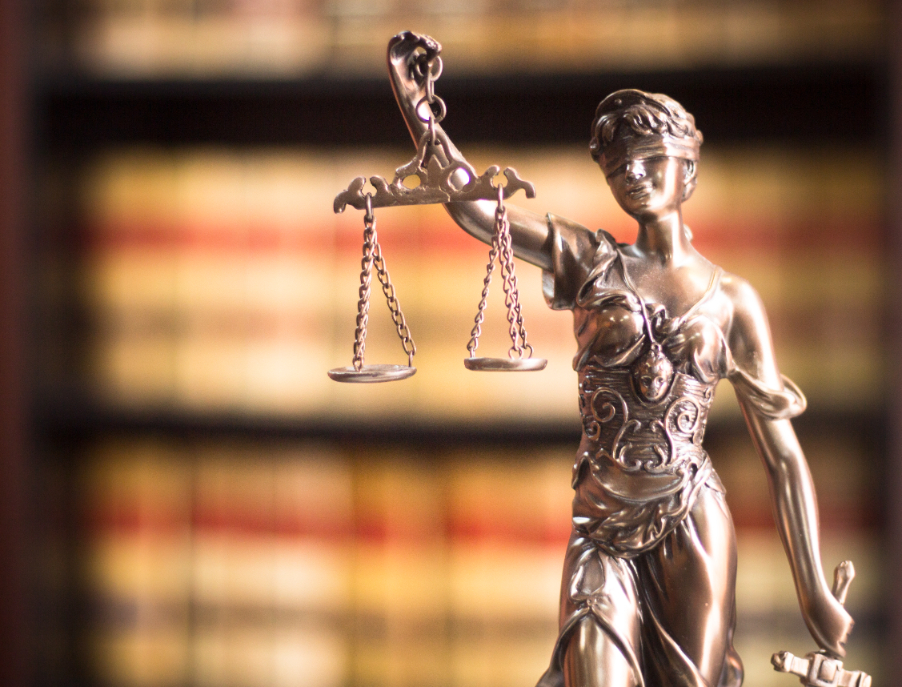If you have been injured in an accident caused by the negligence or wrongful conduct of another person or entity, you may be able to file a personal injury claim. A personal injury claim is a legal action that seeks to recover compensation for the injuries you have suffered.
To file a personal injury claim, you will need to:
- Gather evidence. This may include taking photos and videos of the accident scene, collecting witness statements, and obtaining medical records.
- Identify the defendant. This is the person or entity that you believe is responsible for your injury.
- File a complaint with the court. The complaint is a legal document that sets forth the facts of your case and the damages you are seeking.
- Serve the complaint on the defendant. This means that the defendant must be given notice of the lawsuit.
- Engage in discovery. This is a process of exchanging information with the defendant. Discovery may include taking depositions, requesting documents, and conducting inspections.
- Attend mediation. Mediation is a voluntary process in which a neutral third party tries to help the parties reach a settlement.
- Go to trial. If the parties are unable to reach a settlement, the case will go to trial. At trial, the plaintiff and defendant will present their evidence to a judge or jury.
If you are successful in your personal injury claim, you may be awarded a variety of damages, including:
- Medical expenses: This includes the cost of past, present, and future medical treatment, such as hospital stays, doctor’s visits, prescription drugs, and physical therapy.
- Lost wages: This includes the plaintiff’s lost earnings from the time of the injury to the present time, as well as the projected loss of future earnings.
- Pain and suffering: This includes compensation for the plaintiff’s physical and emotional pain and suffering as a result of the injury.
- Property damage: This includes compensation for the plaintiff’s damaged property, such as their car or clothing.
Personal injury cases can be complex, and it is important to have an experienced lawyer on your side. A good personal injury lawyer can help you to gather evidence, identify the defendant, file the necessary legal paperwork, and represent you in negotiations with the insurance company or in court.
Here are some additional tips for filing a personal injury claim:
- File your claim promptly. There is a statute of limitations for personal injury claims, which means that you must file your claim within a certain period of time after the accident occurred. The statute of limitations varies from state to state, so it is important to check with a lawyer in your state to determine the deadline for filing your claim.
- Be prepared to negotiate. Most personal injury cases are resolved through settlement, rather than going to trial. Be prepared to negotiate with the insurance company to reach a settlement that fairly compensates you for your injuries.
- Don’t be afraid to go to trial. If you are unable to reach a settlement with the insurance company, you may need to go to trial. If you do go to trial, be sure to have an experienced lawyer on your side.
If you have been injured in an accident, do not hesitate to contact an experienced personal injury lawyer to discuss your legal options. A personal injury lawyer can help you to file a claim and get the compensation you deserve.
This article is for general informational purposes only and is not legal advice. Contact us today to discuss your specific situation.

